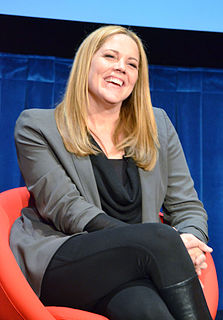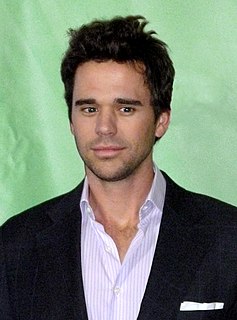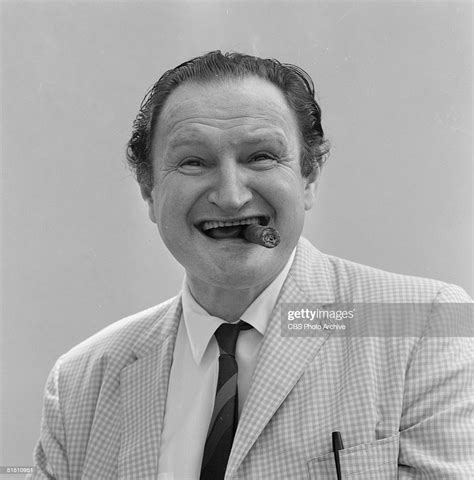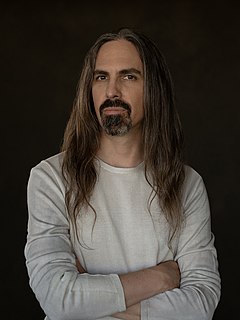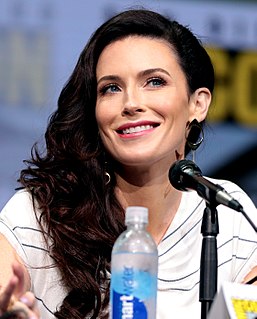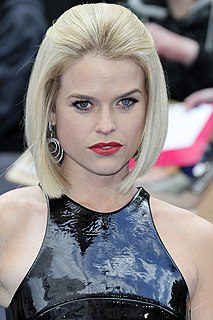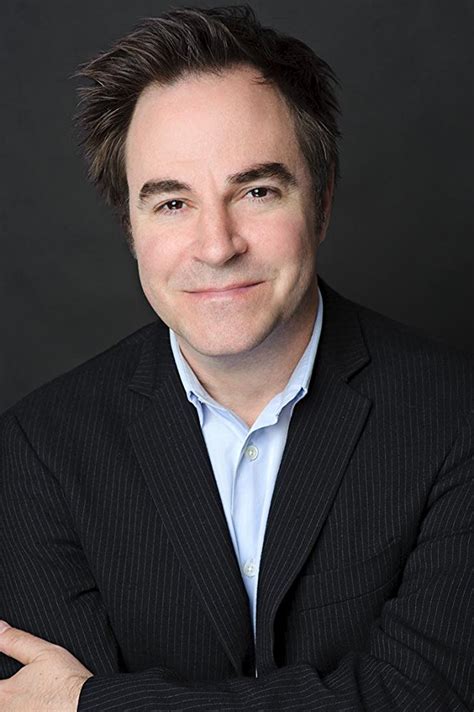A Quote by John Wesley Shipp
The stage is bigger than life. There you are projecting to an audience. In television, you're drawing the camera in to you. And with TV, there isn't that immediate feedback from an audience. You do hours and hours of taping and never get that response.
Related Quotes
The big difference I think between tv and stage is definitely the immediate buzz that you get. And that's not just as an actor, as an audience member you're getting the chance to have this kind of two-way process where the actors and the audience are experiencing the same thing. With tv you often have to wait months and months down the line to actually get the pay-off. Whereas with theatre it's a very immediate thing.
I've done panel shows, which I enjoy, and on those you're recording half-an-hour of TV and sometimes they film for two hours. But with 'Britain's Got Talent,' you're on camera for eight hours, with a large theatre audience watching - and in between you're being filmed for ITV2 as you eat your lunch.
In film, the camera can get an array of shots so the audience can see the emotion the character is giving off. Using close-ups on the character's face really helps get the message across. On stage, you can't do that. But the stage has that live feeling that you can't get anywhere else because the audience is right there.
In film, the camera can get an array of shots so the audience can see the emotion the character is giving off. Using close-ups on the characters face really helps get the message across. On stage, you cant do that. But the stage has that live feeling that you cant get anywhere else because the audience is right there.
What’s this? What are the antagonists doing here – infiltrating their own audience? Well, they’re not really. It’s somebody else’s audience at the moment, and these nightly spectacles are an appreciable part of the darkside hours of life of the rocket capital. The chances for any paradox here, really, are less than you think.
The first thing I say when people ask what's the difference [between doing TV and film], is that film has an ending and TV doesn't. When I write a film, all I think about is where the thing ends and how to get the audience there. And in television, it can't end. You need the audience to return the next week. It kind of shifts the drive of the story. But I find that more as a writer than as a director.


